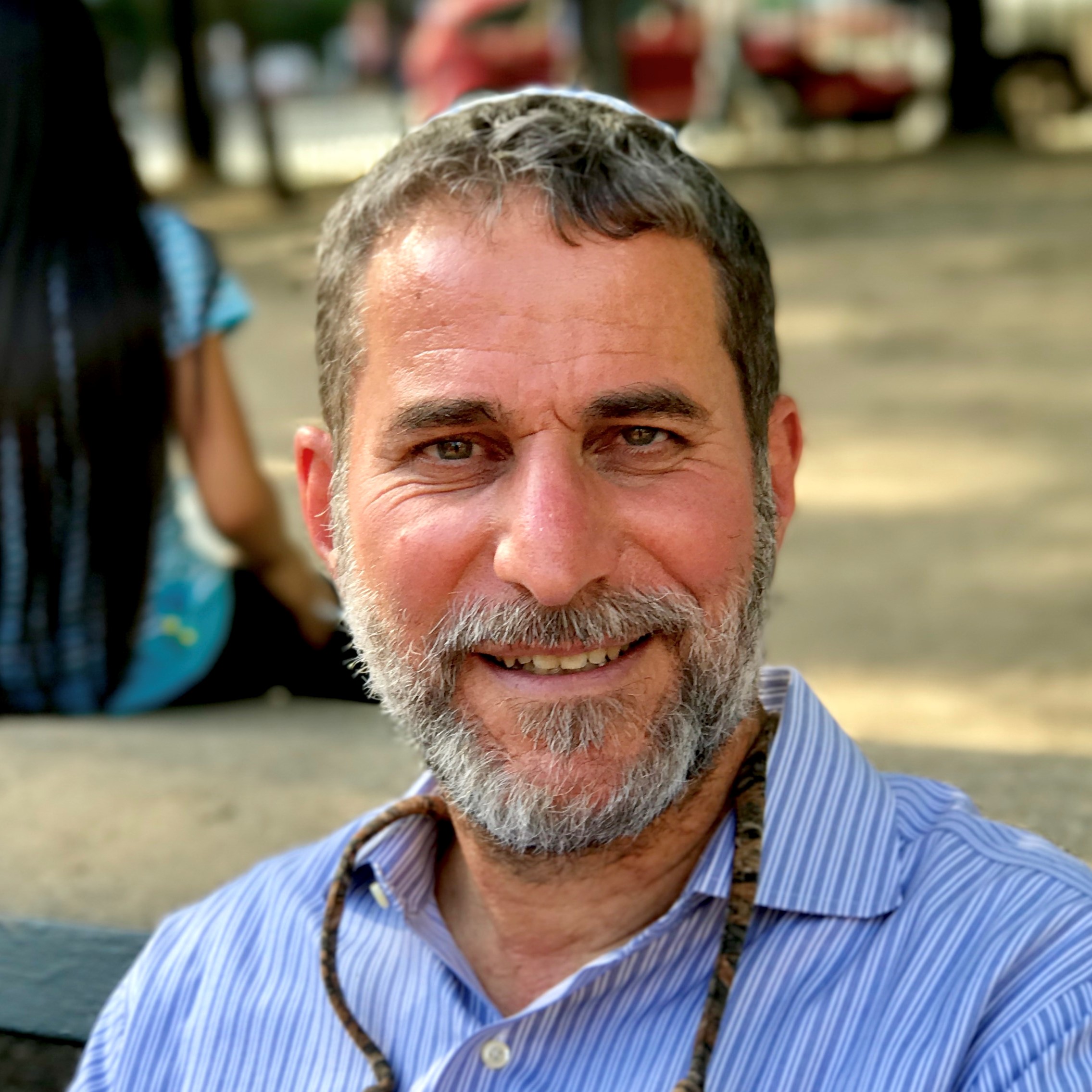Beit Midrash
- Torah Portion and Tanach
- Bereshit
- Toldot
We grapple with the question of whether Yaakov was justified in taking drastic steps to obtain such prominence. The midrash says that he was "forced, bent over, and crying" (Sechel Tov, Bereishit 27). Yitzchak certainly did not seem to portray Yaakov’s actions favorably, saying: "Your brother came b’mirmah (with deceipt) and took your blessing" (Bereishit 27:35). Chazal and most commentaries tried to explain Yitzchak’s apparently harsh words in a more positive light. After all the answers and explanations, the problem persisted within the nation: how do we reconcile the importance of maintaining truthfulness with our patriarch’s behavior?
The following moving p’sukim end off our haftara. "My covenant was with him, the life and the peace. I gave these to him that he should fear me, and He feared Me, and before My Name he lowered himself. A Torah of truth was in his mouth, and iniquity was not found in his lips. In peace and a straight path he went with Me, and he brought back many from sin. For the lips of a kohen guard wisdom, and they shall ask Torah from his lips, for he is an angel of Hashem" (Malachi 2:5-7). What is the Torah of truth (torat emet), which is at the heart of this special person? Recall also that this phrase is at the heart of the beracha on the Torah after an aliyah. Ibn Ezra says that it means that one does not take bribes. Radak says that one does not say one thing and mean another. Two midrashim relate it to things one hears from his teacher. The Yerushalmi (Pe’ah 1:1) says that even those need to be true, whereas Bereishit Rabba (1) says that what one hears from his teacher is torat emet. What is the basis of their disagreement?
According to Bereishit Rabba, that which one learns form his teacher is the most reliable. The Yerushalmi posits that even those things need to pass through a "strainer of truth." If one is not sure about it, he shouldn’t teach it to his own students. In fact, halachic midrash learns the following from the pasuk: "He did not make the pure impure or make the impure pure" (Sifra, Shemini 1). In other words, a Torah of truth is such that one is as careful not to forbid the permitted as not to permit the forbidden. The requirements of torat emet apply even to one who has positive intentions in being stringent. Instituting stringencies requires satisfaction of the following conditions: 1) one says openly that it is done to distance one from possible sin; 2) it is not a double stringency; 3) it is a formal rabbinic institution and not merely a minhag. Anything but this is not torat emet.
Let us remember this when we rule for the public or even for our students, even if we have good intentions for ruling otherwise.

Push Away with the Left Hand
Rabbi Shaul Yisraeli zt"l | 5773

We Want Esav’s Hands
Rabbi Haggai Lundin



















